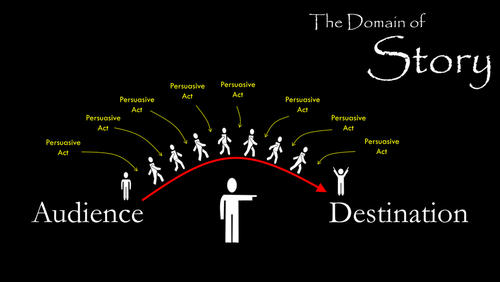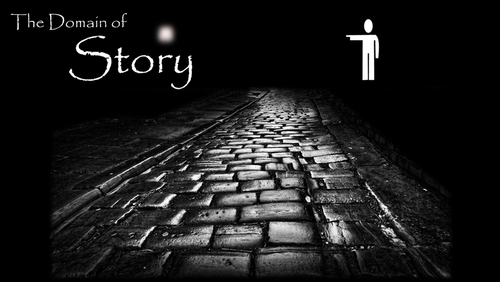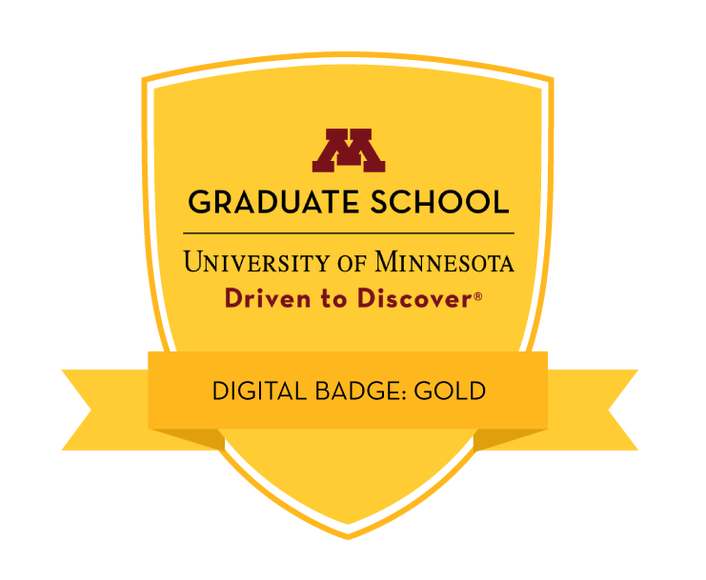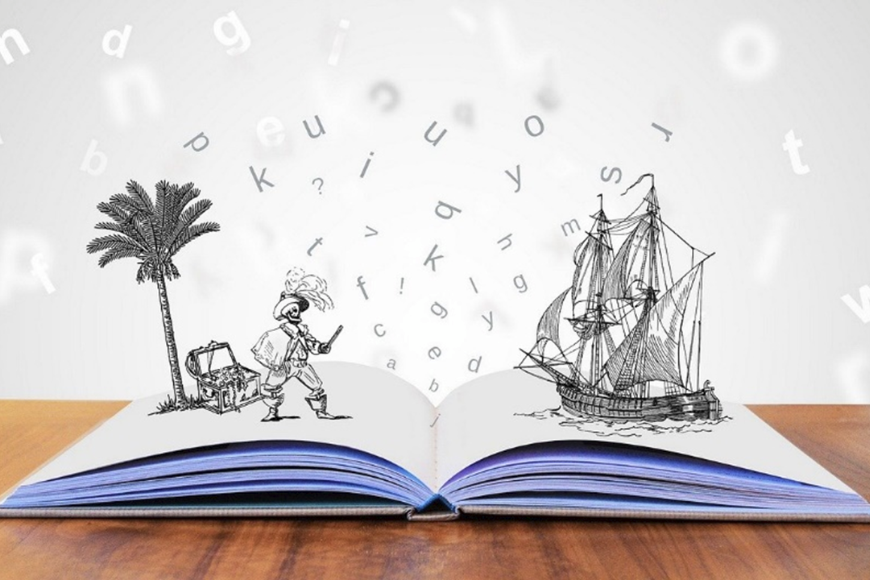The Research Presentation as Storytelling
117 Pleasant St SE
Minneapolis,
MN
55455
Please Note
This workshop takes place over two days: September 12 - 13. Both sessions meet from 10:00 AM - 2:00 PM CST. Lunch will be provided.
What is a research talk? Simple, it is an oral presentation that displays your research. The problem is that you have spent all of your time thinking and expressing your research in a medium other than the oral form of communication. Although the underlying ideas you wish to convey are largely the same, the medium in which you are now asked to express them is profoundly different. The primary challenge in crafting a research talk, then, is this: How do I translate my research from one mode of communication to another? This is precisely the question this workshop seeks to answer and it does so by drawing on storytelling as the central translating device.
This workshop is designed to offer you, first and foremost, a general framework on how to think about the research presentation as storytelling. Our journey will take us through such questions as: What is storytelling? What makes storytelling so compelling? How can it be used in the context of research presentations? Alongside answering these deeper questions, the workshop will also walk through a portion of an actual presentation to demonstrate the principles of storytelling when applied to research. On the second day, participants will be afforded the opportunity to start crafting their own research presentation in the form of storytelling.
While this workshop is primarily geared toward participants who work on their research projects, it can also benefit those who want to learn more about storytelling and hone their presentation and oral communication skills. Participants are encouraged to attend in person to complete exercises and have an opportunity to receive a Digital Gold Badge as evidence of their professional development. This badge can be shared on social media platforms such as LinkedIn. Those who are unable to attend in person can join on Zoom to listen to the lecture component of the workshop without participating in group work.
What to Expect?

|
Day 1 | Sep 12 | 10:00 AM - 2:00 PM | Central Standard Time
|

|
Day 2 | Sep 13 | 10:00 AM - 2:00 PM | Central Standard Time
|
Digital Gold Badge Earning Criteria
This workshop can fulfill requirements to receive a Digital Gold Badge from the Graduate School. To earn a badge, participants are required to:

- Attend both workshops in person;
- Apply principles of storytelling to their research;
- Formulate one key takeaway message - “destination” - they wish to convey to audience through storytelling;
- Present and hone this message while working in small groups.
Josef Woldense, assistant professor in the Department of African American & African Studies, has extensive experience in leading storytelling workshops. His research interests are in the areas of elite politics, authoritarian regimes, political institutions, and social network analysis with a geographical focus on Africa, although workshop participants' research does not have to be in any of these areas.
Anyone interested in learning more about giving research presentations or presenting complex ideas is welcome to join. We anticipate graduate students, especially those about to enter the job market, receiving the most direct benefit from this workshop.
The workshop will consist of two modes, one where Josef will be the primary speaker and the other where you will be engaged in small group work. Especially Day 2 of the workshop will be mostly small group work. Please come ready to participate.
From the humanities to the social and natural sciences, the workshop tends to attract people from various academic disciplines. This diversity is great! It makes for rich and insightful conversations. To avoid misunderstandings, however, it does mean that participants need to be a bit more mindful, patient and empathetic. After all, you will be sharing the same space with someone who does not share your disciplinary norms.
Sure. But if you do, we strongly recommend you attend Day 1 of the workshop. Day 2 will draw heavily on the things introduced in the previous day. Although it is not impossible to follow along, there will be significant knowledge gaps between you and your workshop peers. This is especially so because Day 2 consist mostly of small group discussions.
The workshop will likely not be recorded.
There will be an option to join the workshop virtually. However, because of the intensive and collaborative nature of the workshop (especially on Day 2), we recommend attending in-person, if possible. Please keep in mind that the viewing and listening experience may be slightly diminished for virtual participants.
